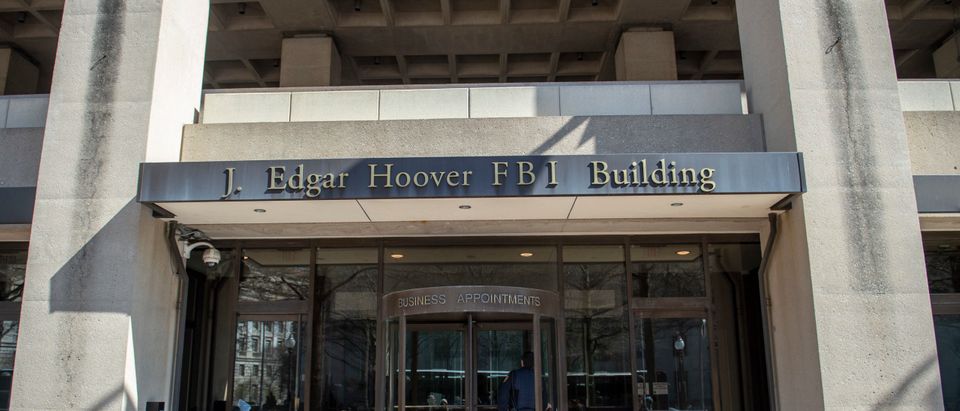Nearly 40% of U.S. law enforcement agencies did not report any 2021 crime data to the FBI’s crime statistics collection program, The Marshall Project reported.
According to The Marshall Project’s analysis of the agency participation data, the gap included data from New York and Los Angeles — the two most populous cities in the U.S. — as well as the majority of agencies in the six most populous states, including New York, Florida, Pennsylvania, Illinois and California.
The federal government spent hundreds of millions of dollars helping local police departments switch to the new service, but so far, about 7,000 out of the nation’s 18,000 law enforcement agencies did not successfully send the crime data to the FBI last year. In San Diego alone, the federal government gave over $2.6 million to help the county’s sheriff’s office make the switch.
Reporting from several Axios Local outlets showed the disparity between how different cities and states have adjusted to the FBI’s reporting system change. Most of the Charlotte, North Carolina, area’s law enforcement agencies reported full crime data to the FBI, according to Axios Charlotte. Pennsylvania law enforcement agencies had some of the lowest crime reporting rates, including the city of Philadelphia which experienced a historic high in homicides in 2021, according to Axios Philadelphia.
“The biggest complaint over the last several years has been the amount of time it takes to complete two incident reports when most people feel as if it should be one incident,” Union County Sheriff’s Office crime analyst L. Kiker said, according to Axios Charlotte. (RELATED: ‘Where Is The FBI?’: Republican Rep Whose Home Was Vandalized Unloads On Democrats Over Delay Of Supreme Court Security Bill)
This is due to the new system’s ability to record more than only the most serious offense of a crime. For example, if a robbery and a shooting happened together, agencies would only count the shooting, according to The Marshall Project.
Jacob Kaplan, a criminologist at Princeton University, told The Marshall Project, “I don’t think you could get national numbers, at least not useful national numbers, from this data.”
“It’s going to be really hard for policymakers to look at what crime looks like in their own community and compare it to similar communities,” he added, according to the outlet.
although true that some large states didn’t participate in the FBI’s crime data collection in 2020, the idea this story proposes that therefore we can’t make *any* blanket statements about crime is just preposterous. https://t.co/NcioKoOb09
— Joe Gabriel Simonson (@SaysSimonson) June 14, 2022
An FBI spokesperson said in a statement they have “identified a way forward to account for missing large agencies,” according to The Marshall Project.
People are used to working with “5% or 10% of missing data” but making estimated when 35% of the data is missing is “not malpractice necessarily, but you don’t want to do that” James Lynch, criminology professor at the University of Maryland, said, according to The Marshall Project.


